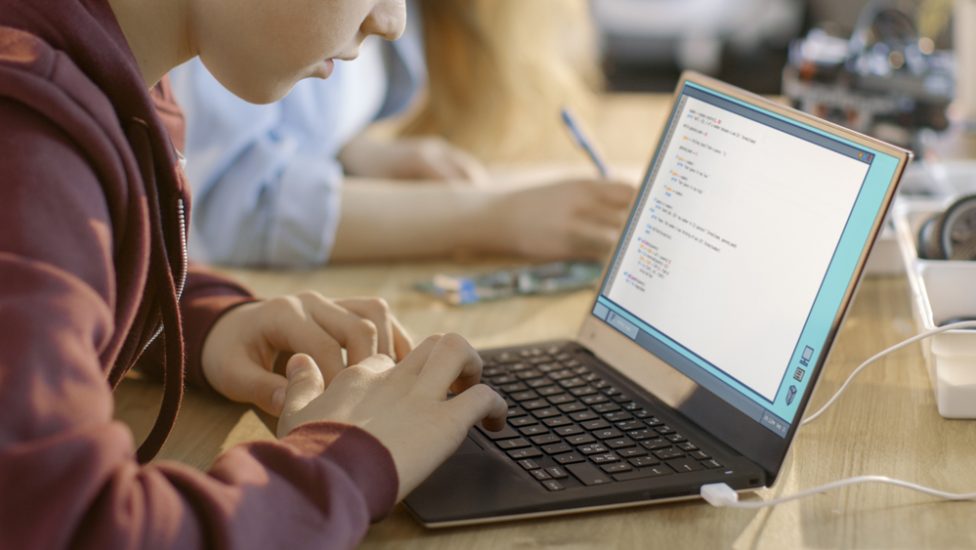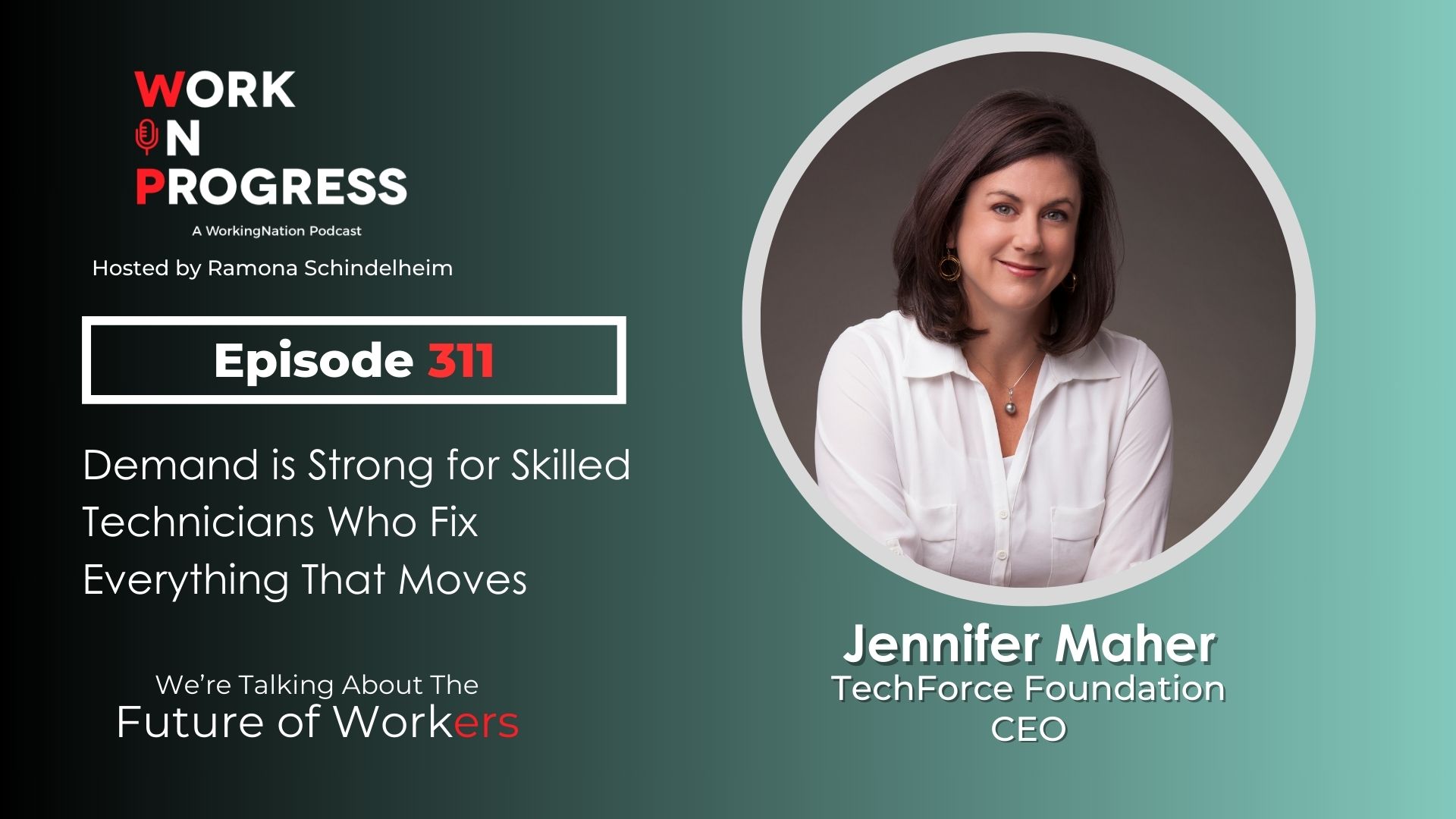In her Starting Out In Tech series, WorkingNation Associate Producer & Project Manager Jaimie Stevens shares her insight on what it takes to succeed in learning computer programming skills.

Mark Zuckerberg once said, “My number one piece of advice is this: learn how to program.”
Zuckerberg taught himself to code. Full disclosure: I did not.
In fact, when I take coding courses, I’m usually the one who goes to every class, hangs on every word, makes flashcards, goes to every tutorial session — the works. It’s quite the opposite when teaching myself to code.
However, learning independently and figuring out how to problem-solve on your own is a big part of coding. So I’ve done some research on the steps to teach yourself how to code. That way when the time comes where I need to start learning a language on my own, I’ll know where to start.
Some things to consider about coding before you venture out on your own is that learning it incorporates how you structure your life around it, how you process the new information, and how you keep yourself motivated. You need to code every day. You don’t have to have a particular kind of brain to be a programmer, but you do need to adapt your brain to a certain type of discipline to successfully learn it on your own.
Other things to note is that some languages are better for beginners than others — some languages like Python and Javascript are more accessible to jump into right away. They also vary depending on what the purpose of your coding will be. Depending on who you want to work for, some companies focus on using specific languages.
Regardless of what language you choose, you should remember to start small and at the beginning. Start with the basics and work in steps. You need to learn the fundamentals first.
People of all ages are learning how to code these days — which means there are apps out there accessible for people of all ages to help teach you. Check out a kids app like Scratch to help get you on the right path. There are also a ton of free online sites like Khanacademy, Codeacademy, and Code.org that can help get you where you need to go. Head here for a more robust list of sites. They will introduce you to the basics while simultaneously creating a new game or website.
If you get stuck, pick up a reference book. Github has some 500 free programming books posted there, and another collection of Ebooks covering 24 programming languages. If you’re going to be a part of the coding community, you will have to try to know what you’re talking about, and reading the books — even if you don’t initially understand them — can help with that.
Another great way to learn is by playing games. When I was learning how to do math growing up, my sisters and I used to compete with each other on the math computer game, Math Blaster. We all have our multiplication tables memorized. The same is true for learning something like coding. Try Code Combat and CodinGame to start out.
Another important part of learning to code is studying someone else’s code. I’ve mentioned this in my previous articles. You can do this easily thanks to the tons of open source code. You can find this on Github as well.
A good way to practice what you’re learning is to pick up a side project to focus on — you can read about that in my previous article, “Side projects that will enhance your coding skills.”
A lot of the psychology behind learning to code is the same as general learning. Stay motivated and reward yourself here and there. You need to be your own hero. Set small goals, make a to-do list. Don’t be afraid to do it wrong. Always remind yourself of how far you’ve come already. Work on a project that keeps you interested in it. Realize you’re doing much better than you think you are and don’t compare yourself to other developers.
Explaining what you’ve learned can help you ensure that you’ve understood what you’ve absorbed. You can repeat it back to yourself every few minutes, find a mentor to try and explain it to or start tutoring on the side. Teaching information is a great way to learn.
Even though you are learning on your own, it’s still really important to learn to work with others. A part of your learning should be getting involved with working with other people. You can do this through online communities, hackathons, and meetup groups, to give you some examples.
RELATED STORY: 10 coding blogs will keep you ahead of the tech curve
And since you will ultimately be writing code for other humans, the look of your code matters. Things to consider include proper indentation, unnecessary commenting, correct naming for your variables, and method names that match the style and syntax of a language. Take the time to learn what it means to write object-oriented code, learn how to refactor each block of code and make it clean. This is good practice and will serve you well in the long haul.
Keep in mind that the tools, languages, and way we solve problems is always changing. Also, the world of software development is very opinionated. There will always be someone telling you what you’re doing is wrong, and working solo can make you more sensitive to alternative opinions. So it’s important that you take criticism with a grain of salt and take these new ideas and opinions objectively.
If you are still worried about learning how to code on your own, I can relate. Why don’t we do this — I’ll try to follow my research above and then I’ll let you know how it goes. Stay tuned.
Join the Conversation: Share your thoughts on the latest Starting Out in Tech column on our Facebook page.











